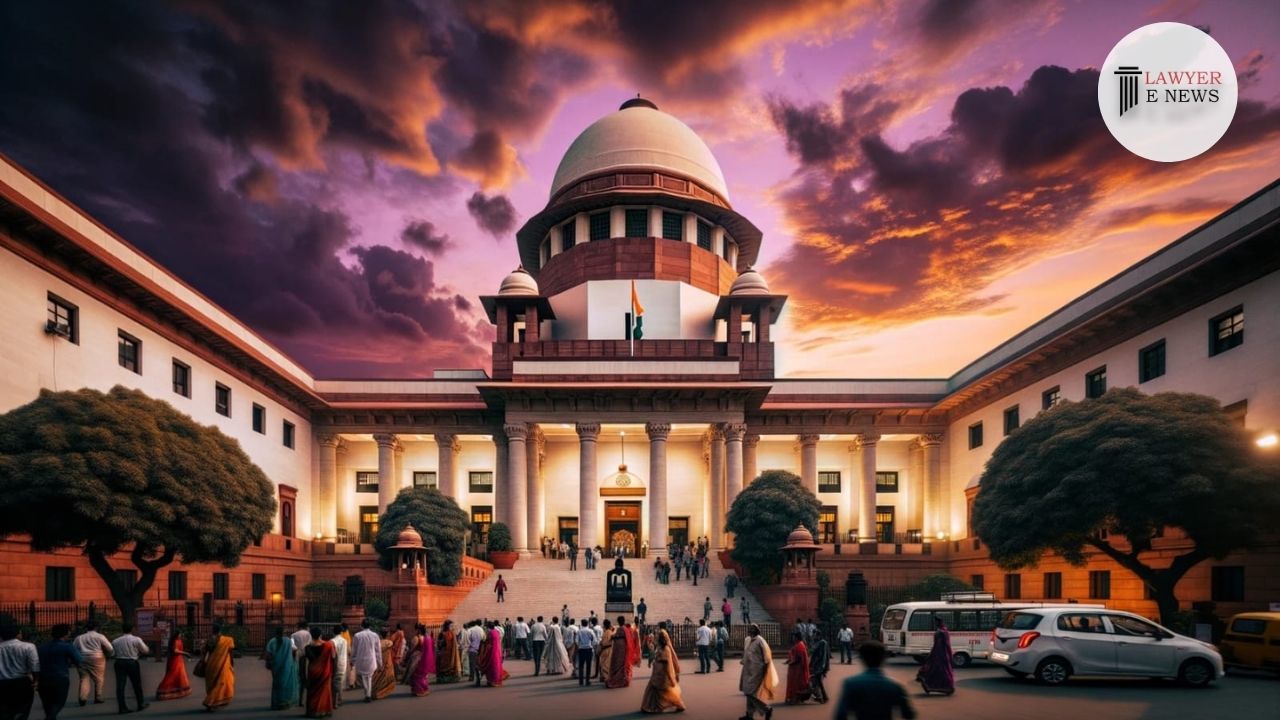-
by sayum
14 February 2026 2:22 PM



Supreme Court of India in latest judgement overturned the Foreigners Tribunal’s decision declaring Md. Rahim Ali a foreigner. The Court underscored the necessity of proper procedural handling and the importance of concrete evidence when determining an individual’s citizenship status. The bench, led by Justice Ahsanuddin Amanullah, emphasized that procedural errors and lack of initial evidence by the authorities constituted a miscarriage of justice.
Md. Rahim Ali, the appellant, was declared a foreigner by the Foreigners Tribunal in Nalbari, Assam, a decision later affirmed by the Gauhati High Court. Rahim Ali claimed Indian citizenship, presenting historical voter lists and other documents as evidence of his family’s residence in India before the cut-off date of March 25, 1971. The Tribunal, however, dismissed these documents citing minor discrepancies and procedural inadequacies, leading to the present appeal before the Supreme Court.
The Supreme Court highlighted the critical need for authorities to have concrete material before declaring an individual a foreigner. The judgment stated, “The originating point of inquiry is the S.P. (B) Nalbari’s direction to Sub-Inspector Dutta on 12.05.2004. The pleadings and the record are silent as to what was the basis of the S.P. (B) Nalbari’s direction.” This absence of initial evidence was deemed a fatal flaw in the entire process.
Justice Amanullah stressed the necessity of providing the accused with the material and grounds at the inception of the proceedings. “The appellant must be intimated of the information and material available against him, such that he can contest and defend the proceedings against him,” the judgment noted. The lack of such procedural fairness constituted a violation of natural justice principles.
The Court observed that minor discrepancies in names and dates should not be grounds for dismissing claims of citizenship. The judgment remarked, “Variation in name spelling is not a foreign phenomenon in preparation of the Electoral Roll.” The consistent documentation presented by the appellant, despite minor discrepancies, was found significant in establishing his continuous residence in India before the cut-off date.
The Supreme Court extensively discussed the principles of evaluating evidence in citizenship cases under the Foreigners Act. It emphasized that the burden of proof lies with the authorities to present concrete material before shifting the onus onto the accused. The judgment stated, “In the absence of the basic/primary material, it cannot be left to the untrammelled or arbitrary discretion of the authorities to initiate proceedings.”
Justice Ahsanuddin Amanullah remarked, “The material on which such allegation is founded has to be shared with the person. For obvious reasons, at this stage, the question of the evidentiary nature of the material and/or its authenticity is not required.”
The Supreme Court’s decision to overturn the Tribunal and High Court’s rulings underscores the judiciary’s commitment to ensuring procedural fairness and the necessity of concrete evidence in citizenship determination cases. By declaring the appellant an Indian citizen, the judgment sets a precedent that reinforces the legal framework for addressing similar cases, highlighting the importance of fair and transparent procedures.
Date of Decision: July 11, 2024
Md. Rahim Ali @ Abdur Rahim vs. State of Assam & Ors.
